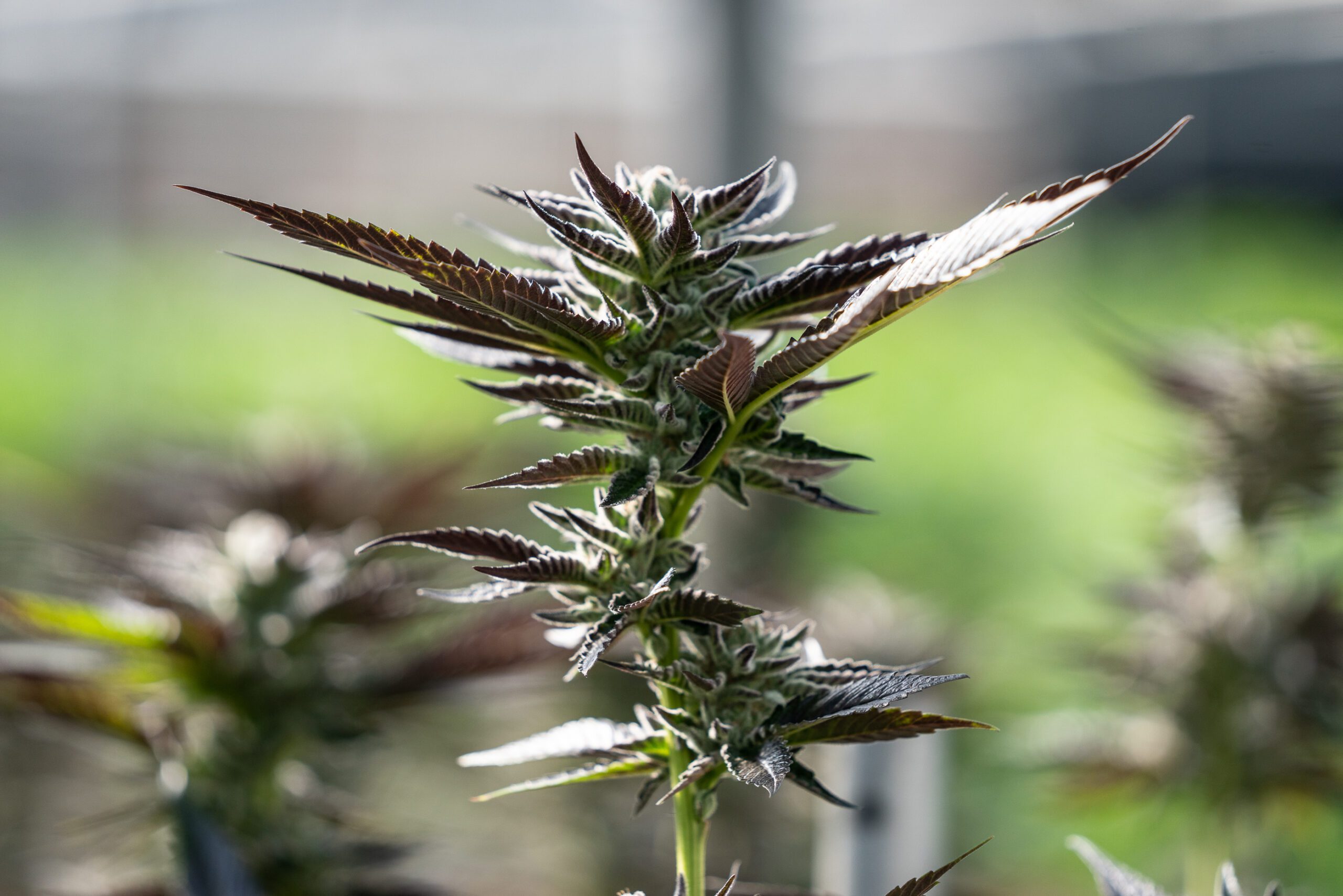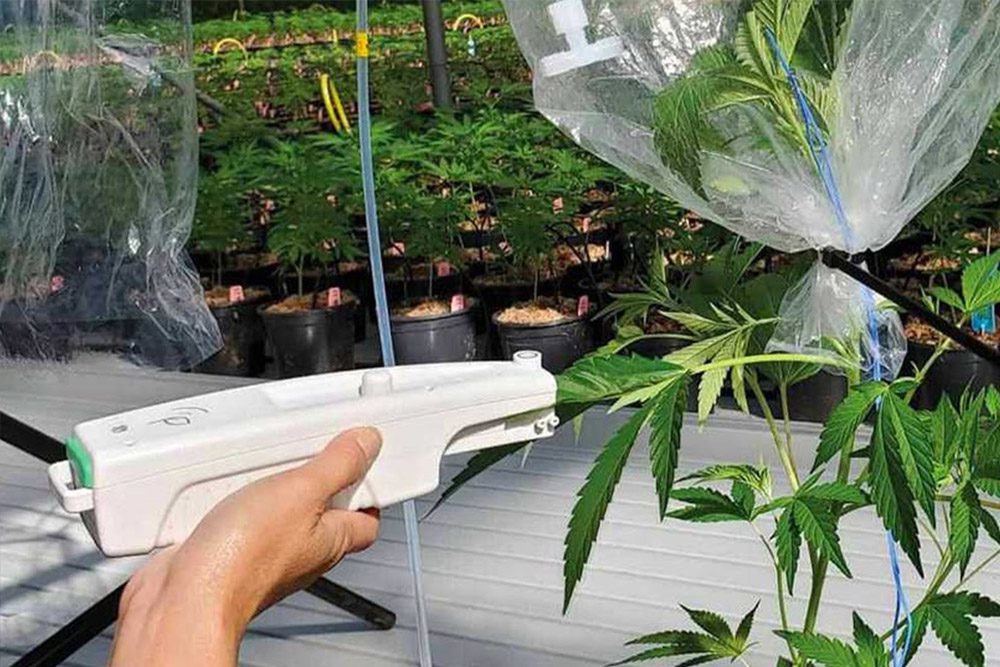RESEARCH
Backed by research, proven by data.
Actionable and cutting-edge research to drive the most comprehensive industrial air quality control strategies.
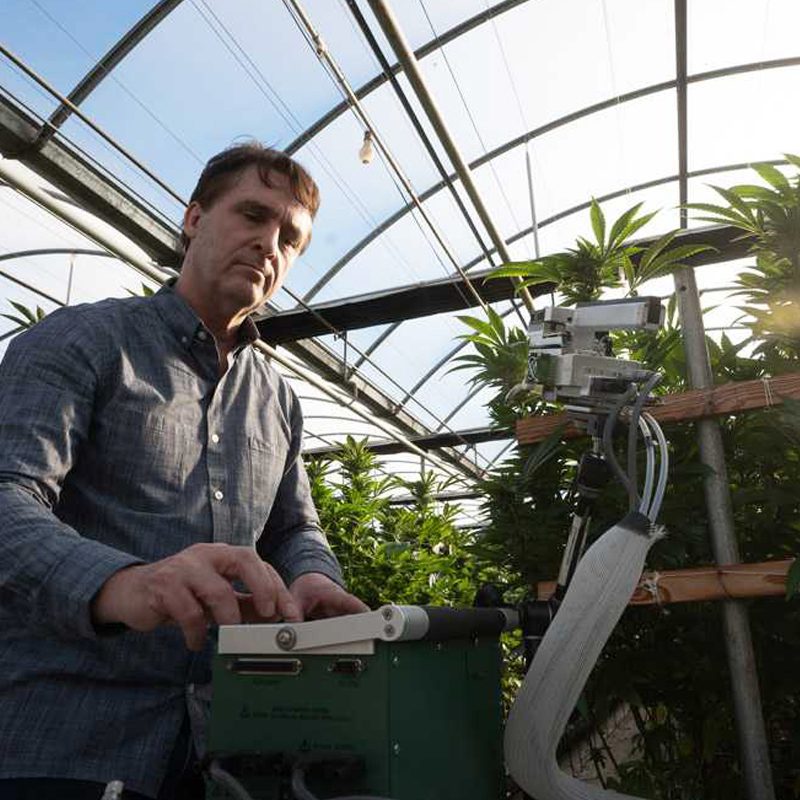
Indoor monoterpene emission rates from commercial cannabis cultivation facilities in Colorado
In 2019, in conjunction with the Colorado Department of Public Health and Environment’s Air Pollution Control Division (APCD), Byers Scientific’s Chief Scientific Officer and head of its research division, Byers Emissions Analysis (BEA), Dr. William Vizuete, helped lead an air emissions field study focusing on the amounts and implications of biogenic volatile organic compound (BVOC) production in indoor commercial cannabis cultivation facilities.
“Skunky” Cannabis: Environmental Odor Troubleshooting and the “Need-for-Speed”
Although the “skunky” odor characteristic of cannabis has been widely referenced, its cause has been historically misassigned to unspecified “skunky terpenes”. Recent reports from two independent research groups, the Koziel team (March and April 2021) and Oswald team (August and November 2021), have corrected this misassignment by linking the “skunky” character of industrial hemp and cannabis to 3-methyl-2-butene-1-thiol (321MBT).
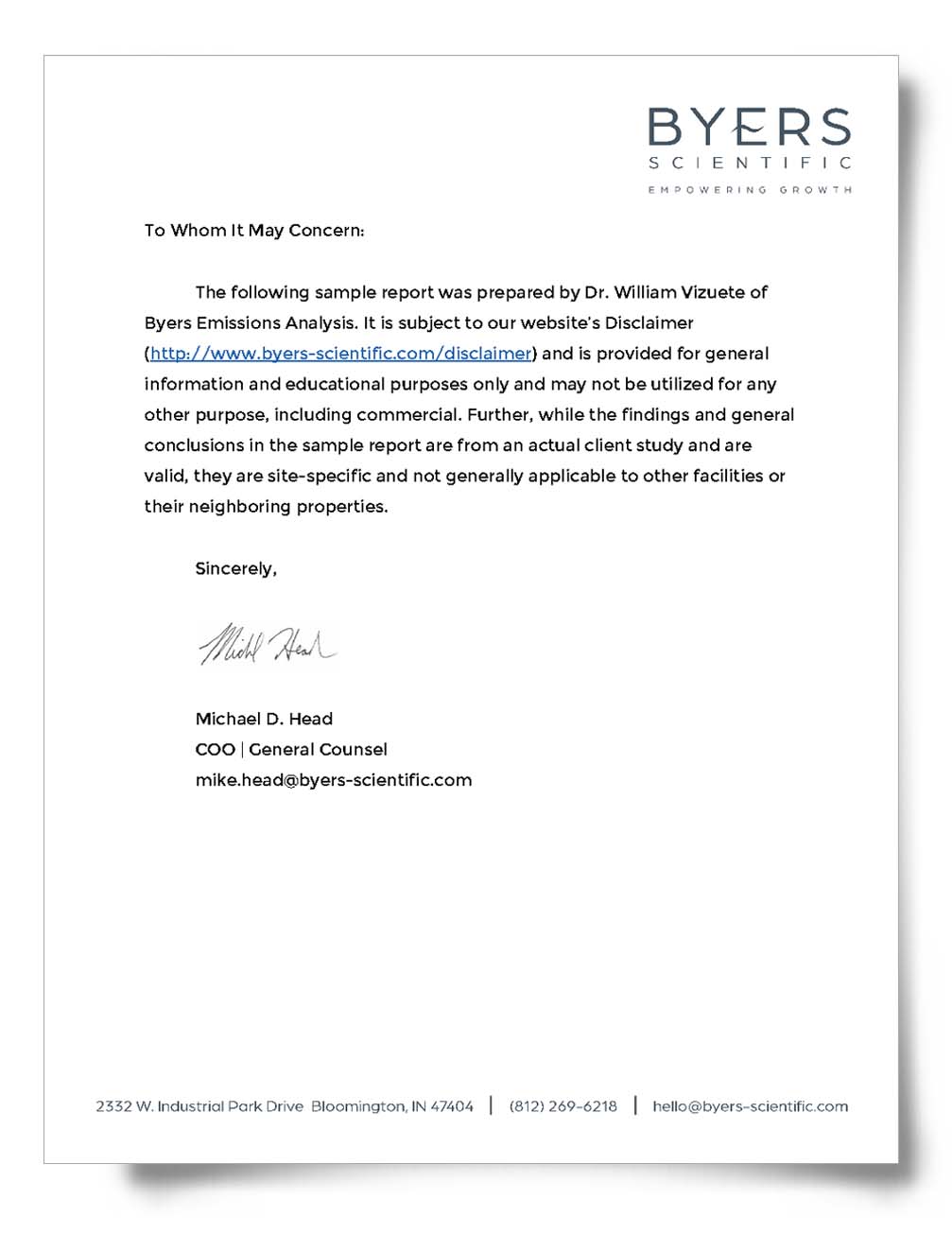
Byers Scientific Emissions Analysis Report
Byers Scientific performed a study to examine the effects that eucalyptus tress had on nearby vineyard operations. This is the only one peer-reviewed study that has linked the influence of 1,8-cineole in vineyards to taint in corresponding red wines. The study found the largest concentrations of 1,8-cineole in samples closest to the eucalyptus trees. The results were used to determine a threshold value for 1,8 cineole against which modeled deposition rates from predicted gas-phase concentrations.
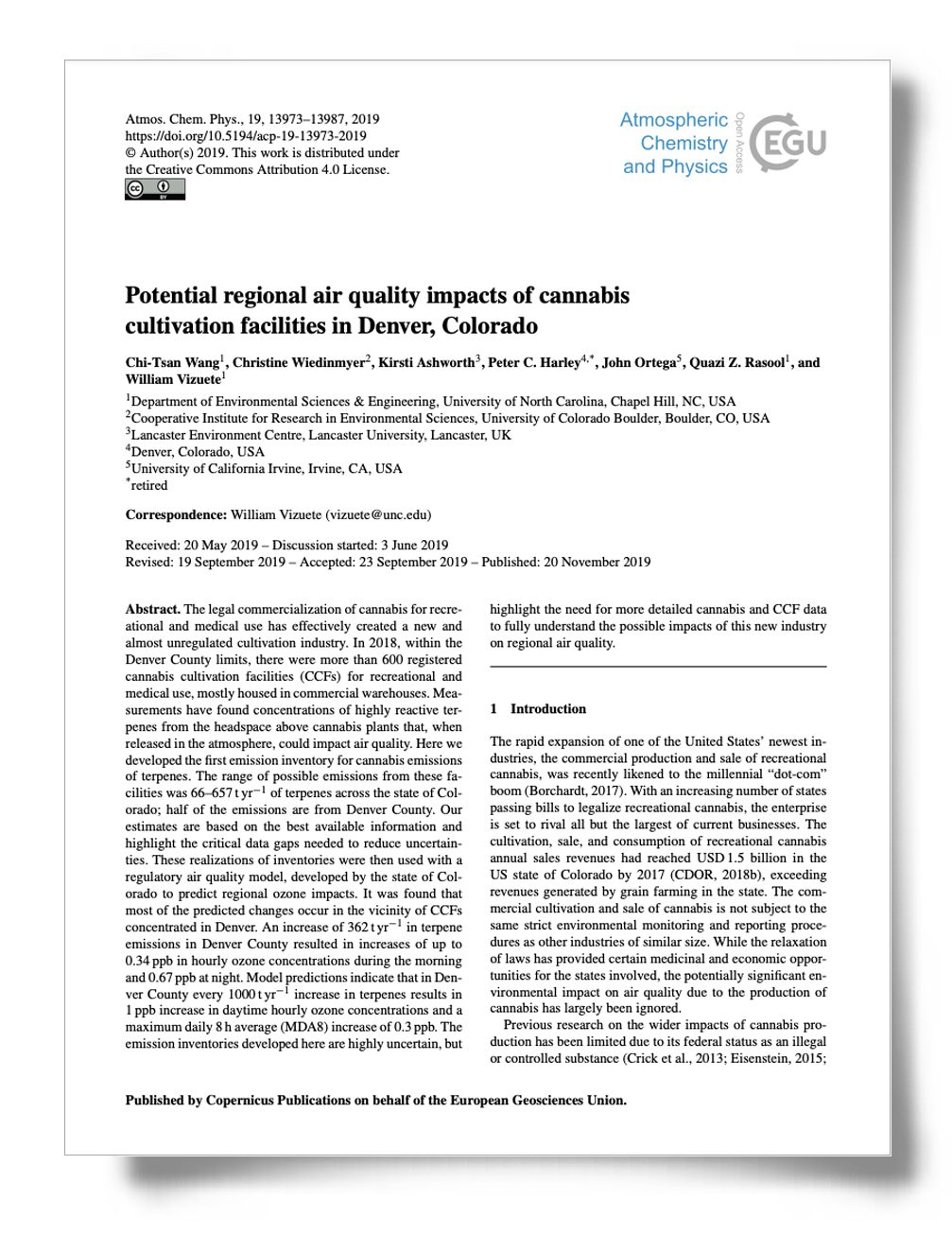
Potential regional air quality impacts of cannabis cultivation facilities in Denver, Colorado
The legal commercialization of cannabis for recreational and medical use has effectively created a new and almost unregulated cultivation industry in Denver, Colorado. This research study showcases how the more than 600-registered cannabis cultivation facilities (CCFs) in the region have created concentrations of highly reactive terpenes in the atmosphere, which could impact air quality.
Get Free Industry Insights
Stay up-to-date on the latest advancements in odor and emissions technology.
Subscribe to our newsletter for industry updates, company news, and more.
"*" indicates required fields

